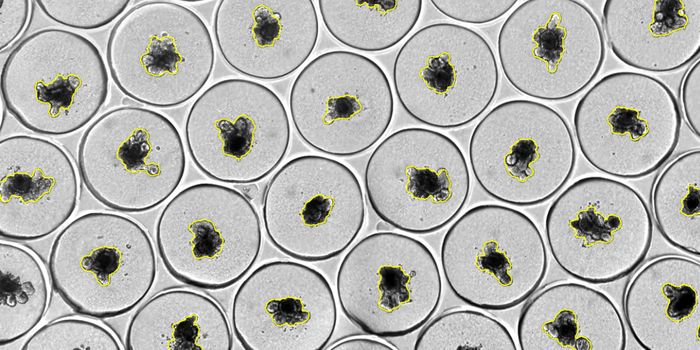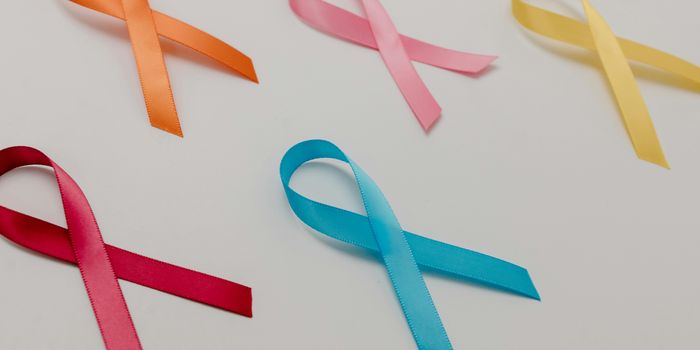Genetic Test ID's Breast Cancer Patients with Lowest Risk of Death
In cancer research, identifying the patients who do not need aggressive treatment is just as important as identifying those that do. For breast cancer, a new study reports that a 70-gene panel test can accurately diagnose a patient as “ultralow-risk” and, therefore, saving the patient from invasive, stressful, and costly treatments.
When Angelina Jolie publicized her breast cancer prevention strategies, she invited women everywhere to examine their own breast health. And with the media’s coverage of breast cancer awareness, there has been a surge in women getting screened for breast cancer. Indeed, many patients could owe their survival from this phenomenon. Nevertheless, screening has also led many patients to be overdiagnosed. Overdiagnosis occurs when a diagnosis turns into more invasive testing and treatments that may not be necessary in the first place.
But there may soon be a molecular test that would identify women at the low end of the risk spectrum. Researchers from the University of California, San Francisco and collaborators in Sweden analyzed the potential of a 70-gene test that could diagnose a breast tumor as “indolent, or slow-growing.”
The test, called MammaPrint, was developed by Laura van ‘t Veer, a co-author on the current study. And it was already approved by the FDA about a decade ago, but its use has not been as widespread as expected.
In the new study, the research team analyzed the risk of breast cancer recurrence in the long-term, in over 1,700 breast cancer patients. In all cases, the patient’s cancer was localized and treated with radiation. In total, the team calculated the MammaPrint risk score for 652 women.
The 70-gene panel test identified that more than half of the women (58 percent) were at low risk of cancer recurrence. Of these, 95 percent survived through the 5 year mark. Furthermore, the test could predict the women with “ultralow risk” of breast cancer recurrence, those with “excellent long-term survival.”
"This is an important step forward for personalizing care for women with breast cancer," said Laura J. Esserman, a breast cancer surgeon, and the study’s lead author. "We can now test small node-negative breast cancers, and if they are in the ultralow risk category, we can tell women that they are highly unlikely to die of their cancers and do not need aggressive treatment, including radiation after lumpectomy.
For women diagnosed with ultralow risk, the 20-year breast cancer survival rate was 97 percent with tamoxifen supplement, and 94 percent without tamoxifen.
The team hopes the results of the study will convince more people that correctly diagnosing breast cancer risk is important for both ends of the risk spectrum. "This emphasizes the role that early detection can play, and how we can improve the impact of screening by focusing on those most likely to benefit," said Esserman.
"This is an exciting advance because approximately 20-25 percent of tumors diagnosed today may be ultralow risk," said Esserman. "Women who have a tumor that is classified as ultralow risk by 70-gene signature can be reassured that their long-term outcome is expected to be excellent, with or without endocrine therapy. Having a test that accurately identifies a population of women, who have very little risk to begin with, should be welcomed by patients and clinicians alike. These tools will enable doctors to better personalize therapy to safely minimize treatment and reassure women if a cancer is ultralow risk."
Additional source: University of California - San Francisco, MNT









